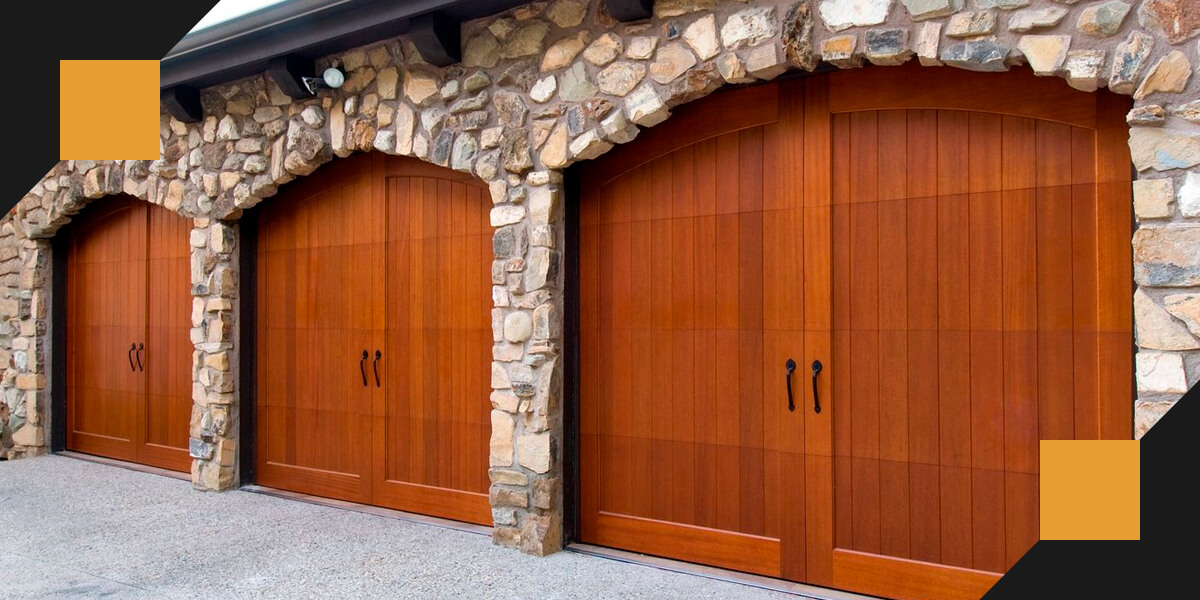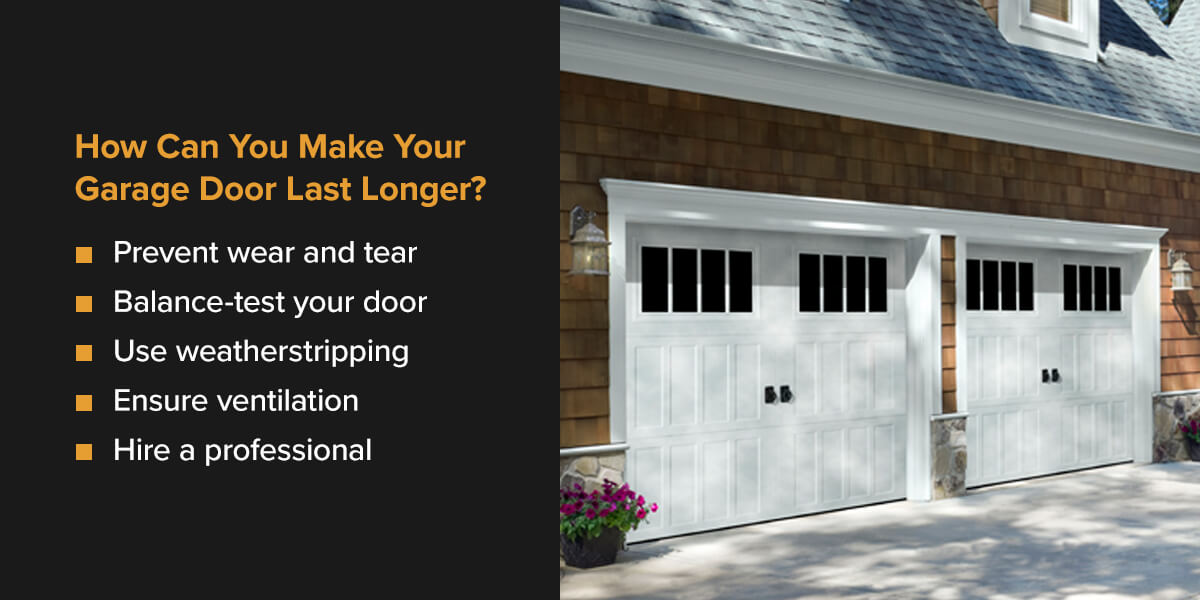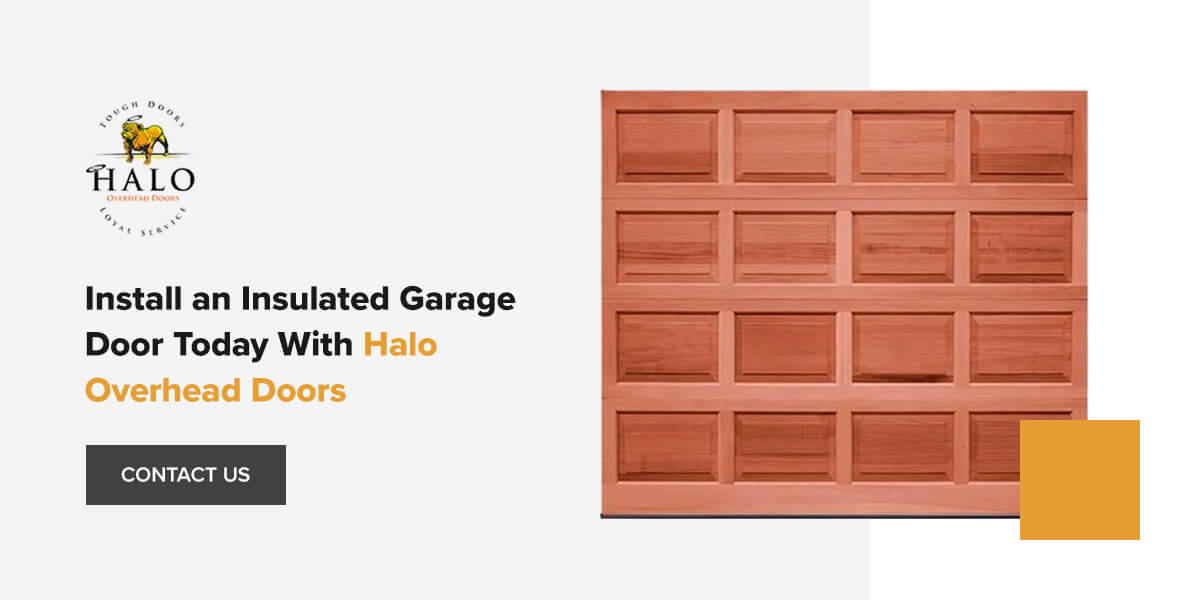How Often Do You Need to Replace Your Garage Door?
June 13, 2023After years and years of use, you may find your garage door needs to be replaced. This entryway is likely one you use every day, whether to enter your home, park your cars or use your garage as a separate functional space. Over time, wear and tear and general use can lead to issues that may require you to replace the entire garage door.
Below, learn more about garage door replacement and how often you can expect to replace your garage door as a homeowner.
When Should You Replace Your Garage Door?
While your garage door may need some maintenance and a spring or roller replaced every now and then, the door itself is a sturdy and reliable feature of your home, so you shouldn’t have to replace it frequently. A garage door can last 15 to 30 years before needing replacing, with some standing strong for upwards of 50 years.
When the time does come to replace your garage door, you’ll need to know the signs, so you can get your garage door replaced quickly. Here are the top signs of damage and decay that suggest it’s time for a new garage door:
- Slow opening times: It should only take seconds for your garage door to open after pressing the button. While waiting an extra few seconds for your door to open is acceptable, it might be a sign of underlying damage, especially if the delay gets longer. There are a number of reasons for your garage door opening too slowly, like the remote, faulty rollers or broken opener cords.
- Sagging: A sagging door may be a result of the pulley being out of alignment. If your garage door snaps or slams open, it means it’s gone off-balance. A new garage door might be your best option if this keeps happening.
- Noisy operation: Squeaking means you must lubricate your door, but rattling and popping noises are signs of damage or decay. Other unusual sounds are grinding, banging and rumbling. A loud garage door can be disruptive for you and your neighbors and likely indicates that a repair is needed. Sometimes, it’s more cost-effective to replace the door than continuously pay for repairs.
- Off-track door: A garage door can dislodge itself from its tracks or rollers while moving. When this happens, it may start to malfunction or open unevenly. If this keeps happening, then your door may need replacing.
- Rising electricity bill: Garage doors lose their insulation as they age, which means they allow more cold air in and let more warm air out. If your electricity bill is higher than usual, it may be from your garage door’s worn insulation and weather sealing. Replacing the door is easier and potentially more cost-effective than reinsulating it.
If you notice any of the above signs or other indicators that may signal your garage door could need replacing, contact a professional garage door installer to start the process, so you can go back to using your garage as usual quickly.
What Are the Benefits of Replacing Your Garage Door?
Replacing your old garage door with a new one can bring multiple benefits, such as:
- Safety and security: A new door is better for your home’s safety and security. New garage doors can have additional safety precautions like keypad locks that can only be opened with a password or smartphone.
- Curb appeal: Your garage door is a noticeable feature of your house. Upgrading your garage door can significantly impact the appearance of your property.
- Higher resale value: A new garage door might increase your home’s resale value because of the benefits it can bring.
- Less maintenance: A new garage door requires less maintenance than an old one, so you won’t have to spend money or time on frequent repairs.
How Can You Make Your Garage Door Last Longer?
The life span of your garage door depends on many factors, including the material it’s made of, its quality and how often it’s maintained. There are several steps you can take to extend the life span of your garage door:
- Prevent wear and tear: Several moving parts help your garage door function properly. Springs, cables, tracks, hinges and rollers are all susceptible to wear and tear over time. Regular maintenance of these parts can make your garage door last longer, so try not to neglect making small repairs when they’re needed.
- Balance-test your door: Ensuring your door is properly balanced is a vital part of its operation. An imbalanced garage door’s springs and opener will receive more wear and tear. Have a professional test the balance of your garage door every year.
- Use weatherstripping: Your garage door affects your home’s security, convenience and heat retention. It’s always exposed to the elements, and over time, that can lead to a lot of damage. By weatherstripping your door, you’ll keep it protected and keep it functional for longer.
- Ensure ventilation: Without proper ventilation, moisture can build up and lead to mold, rust, and mildew, which can damage your garage door and its components. Windows in your garage and vents allow for air circulation that will help prevent moisture and dampness from affecting your door.
- Hire a professional: When in doubt, it’s always best to call an expert. Hiring a professional saves you time and money, ensuring the job happens correctly the first time. A professional has the knowledge and experience to keep your garage door operating as it should, can find issues before they escalate and help you reduce the effects of wear and tear.
Halo Overhead Doors Offers Premier Garage Door Replacement Services
Your garage door adds a lot of value to your home, both functionally and visually. Taking the time to maintain your door and trusting the right supplier for a new garage door is the key to keeping your garage door at its best for decades.
Halo Overhead Doors offers reliable garage door replacement and maintenance services throughout the Houston area. Contact our team to learn more about our services and offerings.



